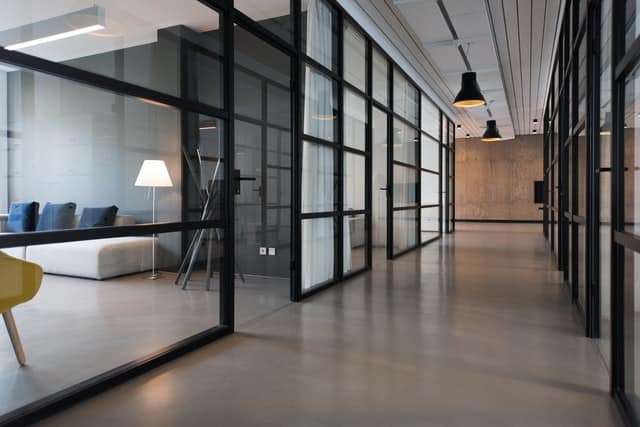
As a commercial real estate investor, two of the most important and difficult decisions to make are when to sell and at what price. One of the most common questions we get is when is the best time to sell your commercial property? And in the same breath, we are asked — how much is my commercial property worth?
“Buy low and sell high”, right? If only it were that simple — flip a switch at exactly the right time. Even if you do get the highest price, you also need to consider how the sale fits into your long-term strategy. If you get a great return, but it’s at the wrong time, you may miss another business opportunity or not have liquidity for personal expenses at the time when you really need it.
When is the Best Time to Sell Your Commercial Real Estate
Let’s say that you just received what appears to be a great offer from a buyer out of the blue, or you have seen news about another building like yours selling recently and now you’re thinking that it might be worth exploring the market. Or maybe you recently bought this investment property and you’re thinking ahead. (Bravo for not waiting too long to consider your exit strategy!)

You can break the decision making process into two silos (TIMING & PRICE), and those will interact together to make a case for whether you should sell or not. What we’re going to look at today is timing. (We will have another post up soon about pricing considerations.)
1. How is the economy and the real estate market surrounding your commercial real estate
There is no getting around it, some of the factors that influence the timing of the sale of your commercial property are out of your control. While you may not be able to control these influences, you want to know how they are affecting your timing. For example, if mortgage rates are the lowest that they have ever been (sound familiar?), then that bit of information lets you know that buyers are more incentivized to buy right now than they would be if rates were the highest that they have ever been.
- What are the general market/economic conditions?
- What are the vacancy and absorption rates for your specific market?
- What is the market demand and current supply for this type of property?
- What are the local price trends for commercial property sales and commercial leasing?
- What are the commercial mortgage rates and terms being offered generally?
2. Drill down to specifics about your property, the commercial real estate leases and the tenants you have in place
Now that you have a sense for how the market is doing in general, and what kind of demand there is for your type of commercial property, let’s look at your asset specifically. Here we want to explore things about your building that may affect your decision on the timing of a sale. For example, having replaced the roof a month ago puts you in a very different place for marketability than having replaced it 20 years ago. Or, maybe you replaced it 5 years ago and want to sell before getting too far along and having a buyer question the long-term viability of the roof.
- What is the financial strength and credit-worthiness of your current tenants?
- What length of term is left on your leases? (commercial leases and apartment leases, if any)
- How long have the current tenants been in their leases?
- Are there any vacancies and how long does it take to fill space when there is a vacancy?
- Is there any deferred maintenance on the building? (roof leaks, peeling paint, etc)
- Consider the timing of capital expenditures (i.e., how long ago was the roof replaced?)
- Is there any new development nearby? (this could hurt or help your marketability)
- If you are also the tenant, what lease terms are you willing to offer?
3. Evaluate your personal situation and how the sale of your commercial real estate may impact you goals
Then consider your personal situation, goals, and investment strategy:
- What is your anticipated timing of your retirement?
- What type/class of property that you want to own?
- What are the terms of your current commercial mortgage?
- What is the status of any tax benefits? (i.e., historic tax credits)
- What are the tax implications of selling vs. holding?
- How does this real estate asset factor into your personal investment portfolio?
- How much time/headache is this property costing you?
- Is there something else you want to do with the capital you have invested here?
- Are there any other personal circumstances to consider?
What can you do from here
After going through this review, you should have a solid handle on whether the timing is good for a sale — or is there another time that would be better, and how can you plan for positioning your property for sale. If there are a number of red flags that make it a bad time to sell, don’t just shelve this idea and walk away. Now is the time to look at those different pieces of the puzzle and see what you can improve. Think about what changes you could make that would create a more appealing situation for selling. When you renew a lease or sign a new commercial tenant, what should you keep in mind for the lease terms?
Of course, timing isn’t the only variable in making the decision to sell. Pricing is another huge consideration. While some aspects of timing will affect pricing, some aspects of pricing will also affect the timing.
We are here to help you achieve your goals, not convince you to sell. It very well may be that your perfect timing may be years away. Let’s make sure that we work together to take the appropriate steps to maximize the value of your commercial property.
While we are working on the next post, why not give us a call at 804-464-3898 or send us an email to get the conversation started?
